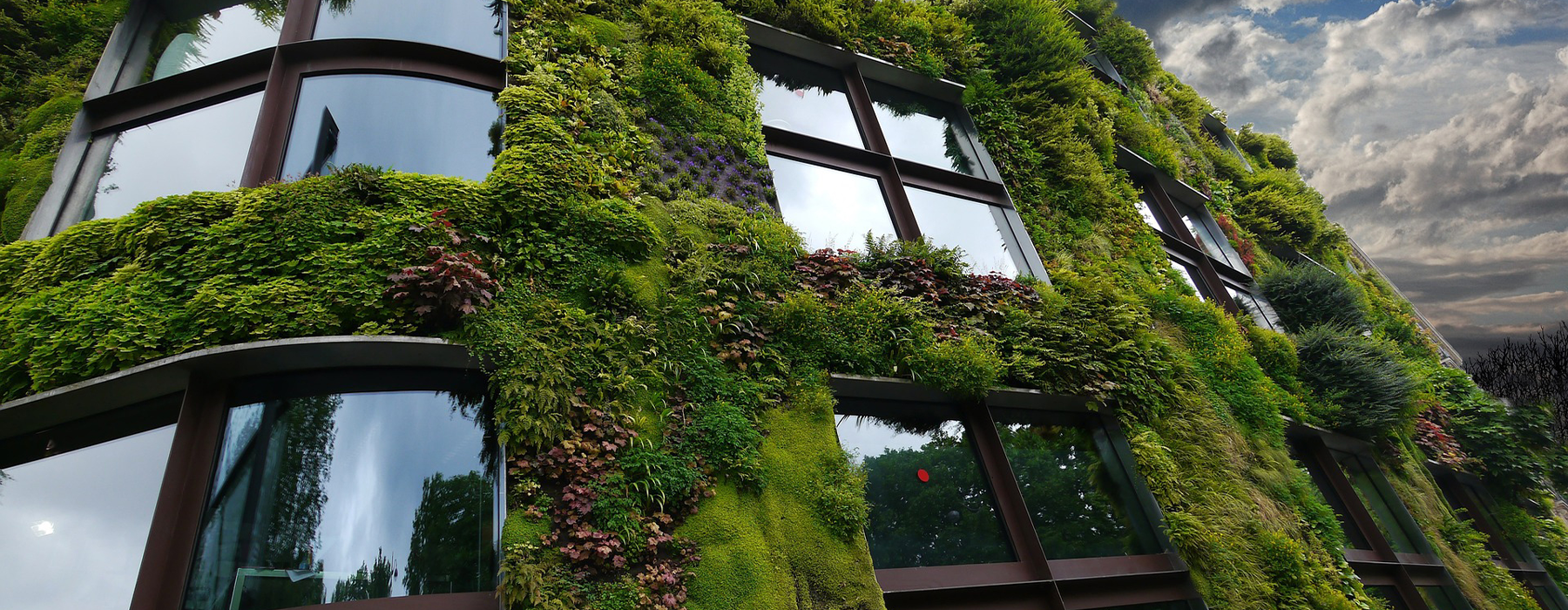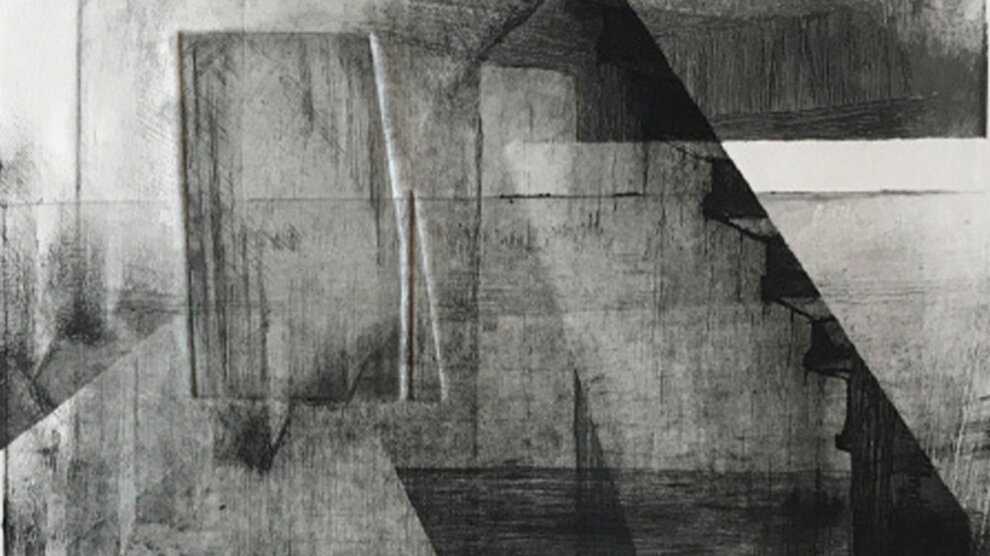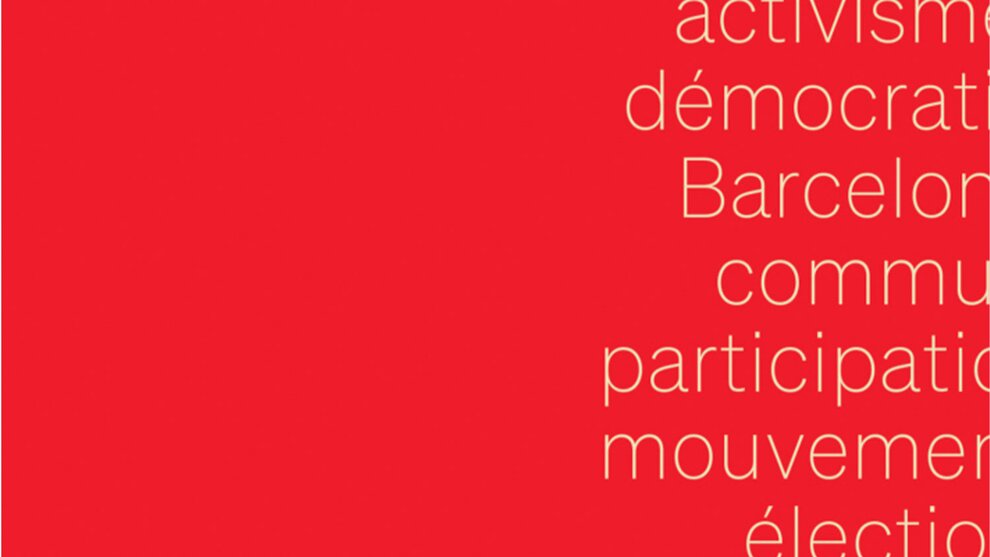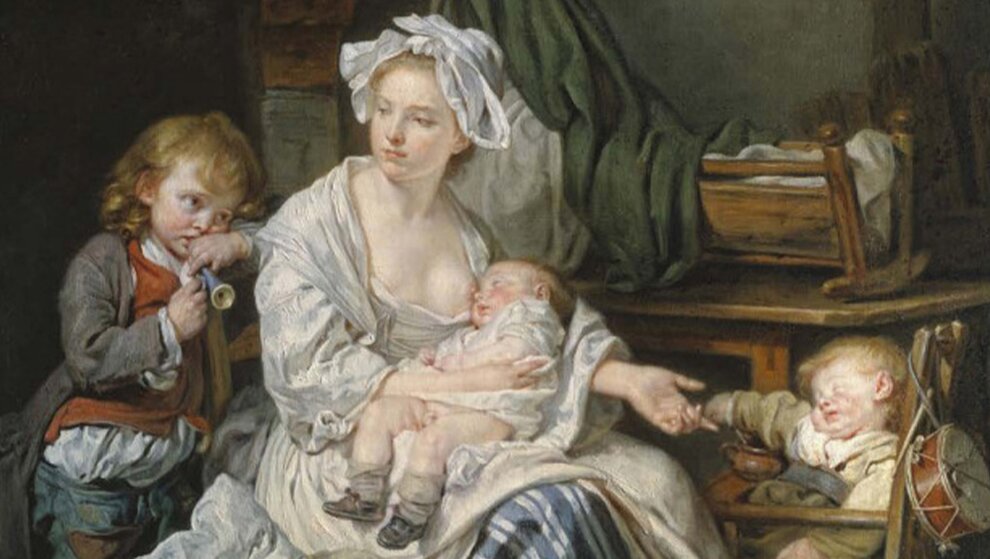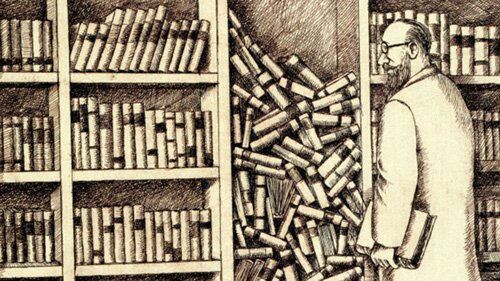Editorial by Philippe Descola
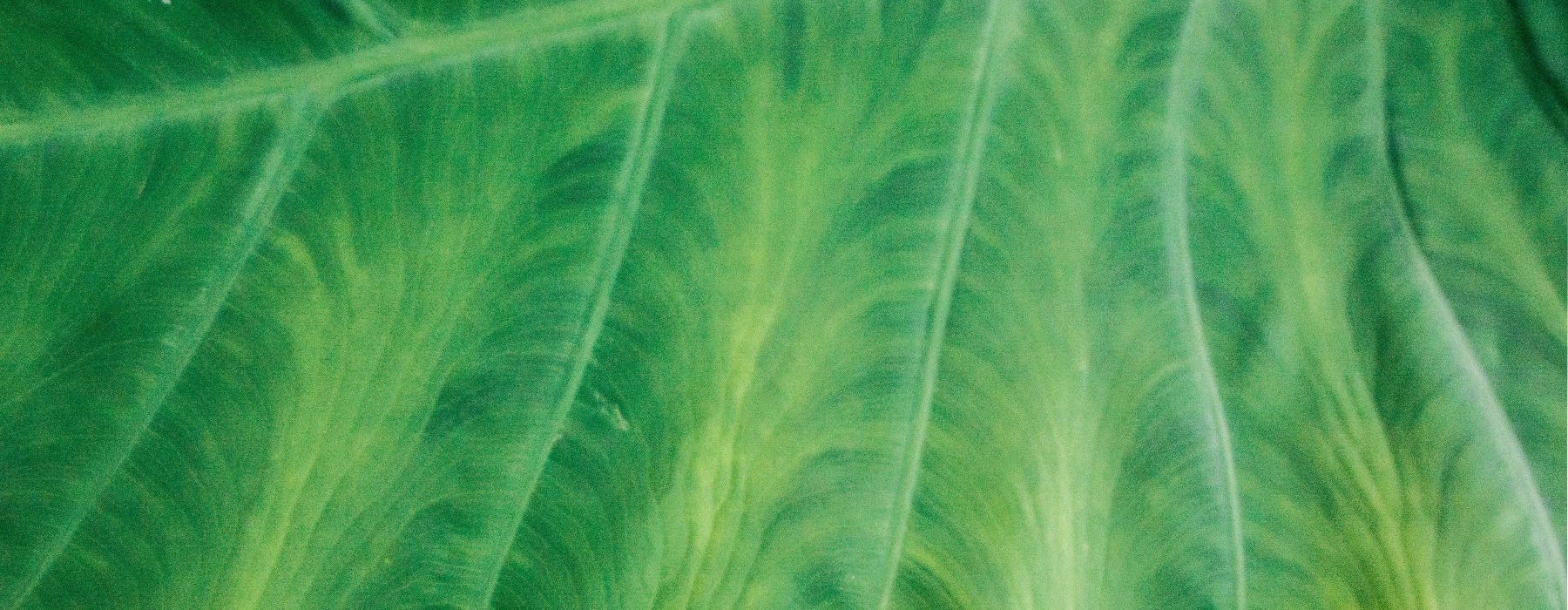
Humanity is part of nature. It is this observation that I have constantly explored throughout my research career, in order to deconstruct the dualism between nature and culture. Observing the Achuar of the upper Amazon showed me that humans and non-humans can be linked as social partners, that nature is not just a stage set in which we dwell or of which we must become “masters and possessors.” Like other indigenous populations, the Achuar are at one with their living environment: their model, which is very different from ours, is not populated by the market or money, but by a spirit of openness to all the components of a cosmology that does not discriminate between humans and non-humans. However, the changes we have made to the Earth’s system are so irreversible that we cannot help but be pessimistic about the state of the world we are going to leave to our grandchildren and those of the Achuar, who had no part in this destruction.
Everywhere houses are apprehended as a microcosm intermediate between the human body, of which it forms an extension, and the world, which it reproduces in miniature
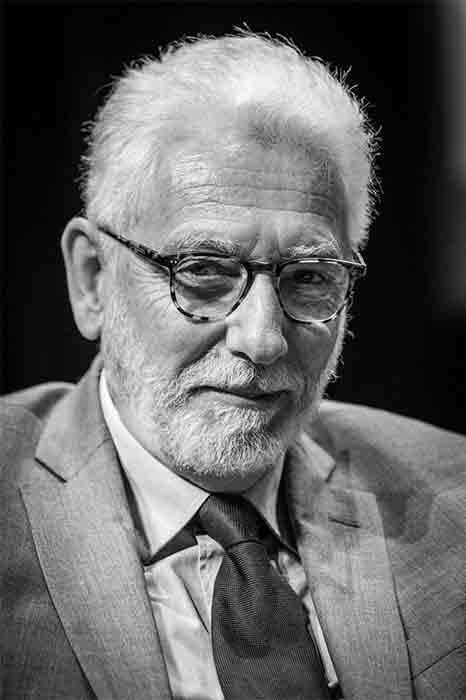
With habitation a crucial issue for the coming century, this conference encourages us to look at the places where new relationships can be created, in terms of both social links and buildings. There are experiments, for example the ZADs (Zones to Defend), that give us hope in the way we relate to a territory, its resources, and the beings that inhabit it. Rethinking Western cosmology therefore requires us to rethink the divide between humans and non-humans by imagining a common destiny between humans and what surrounds them, particularly through our ways of inhabiting the world and, consequently, of shaping it. If we want a peaceful humanity, in dialogue with its ecosystem, our way of life must prioritise the promotion of values such as solidarity and equality, and turn its back on the obsession with production and possession that capitalism has erected as the spearhead of our society.
Knowledge is an explosive substance
Anthropology, by examining relationships to the world and the differences between human groups, is a science of diversity. Showing and explaining these differences allows them to not be feared, and even to be desired. Yet, current political events suggest that tolerance of diversity is disappearing. So there is an urgent need to produce knowledge, ideas, narratives, and desires for a shared future. Anthropology cannot do this on its own: it is up to the transdisciplinary approach of all the speakers at this conference, representing the humanities, the experimental sciences, and the civilian world, to carry out this task.
Let us try to distance ourselves from the everyday, to be open to amazement in order to discover other ways of experiencing the human condition, to adopt a critical attitude towards our own civilisation, and to generate doubts and knowledge in order to dream of other visions of society.
Philippe Descola
Address: Fondation Maison des Sciences de l’Homme, 54 blvd Raspail, Paris 6
Dates: 9 & 10 October, 2024
Timetable: 8:30am - 6pm


